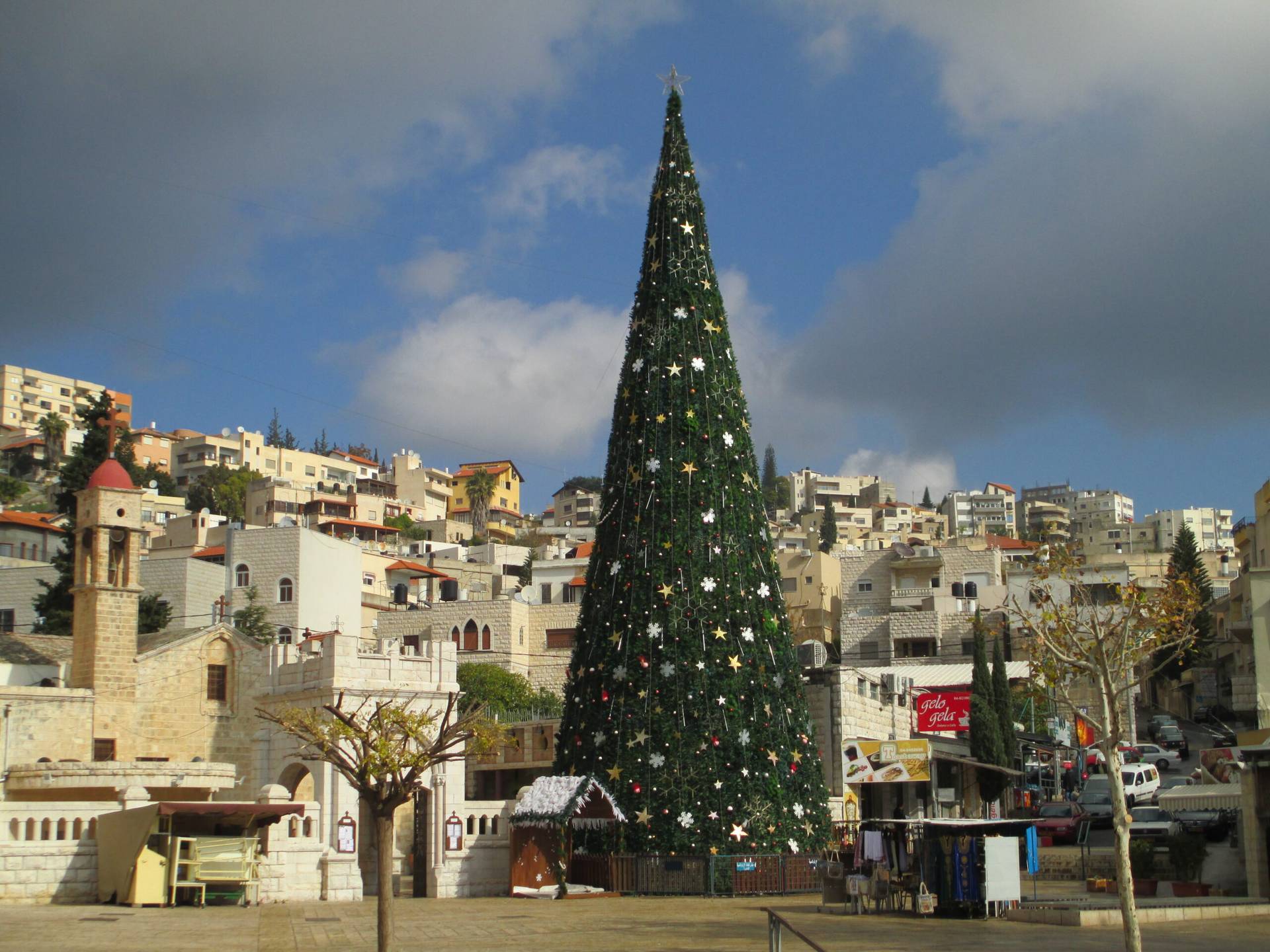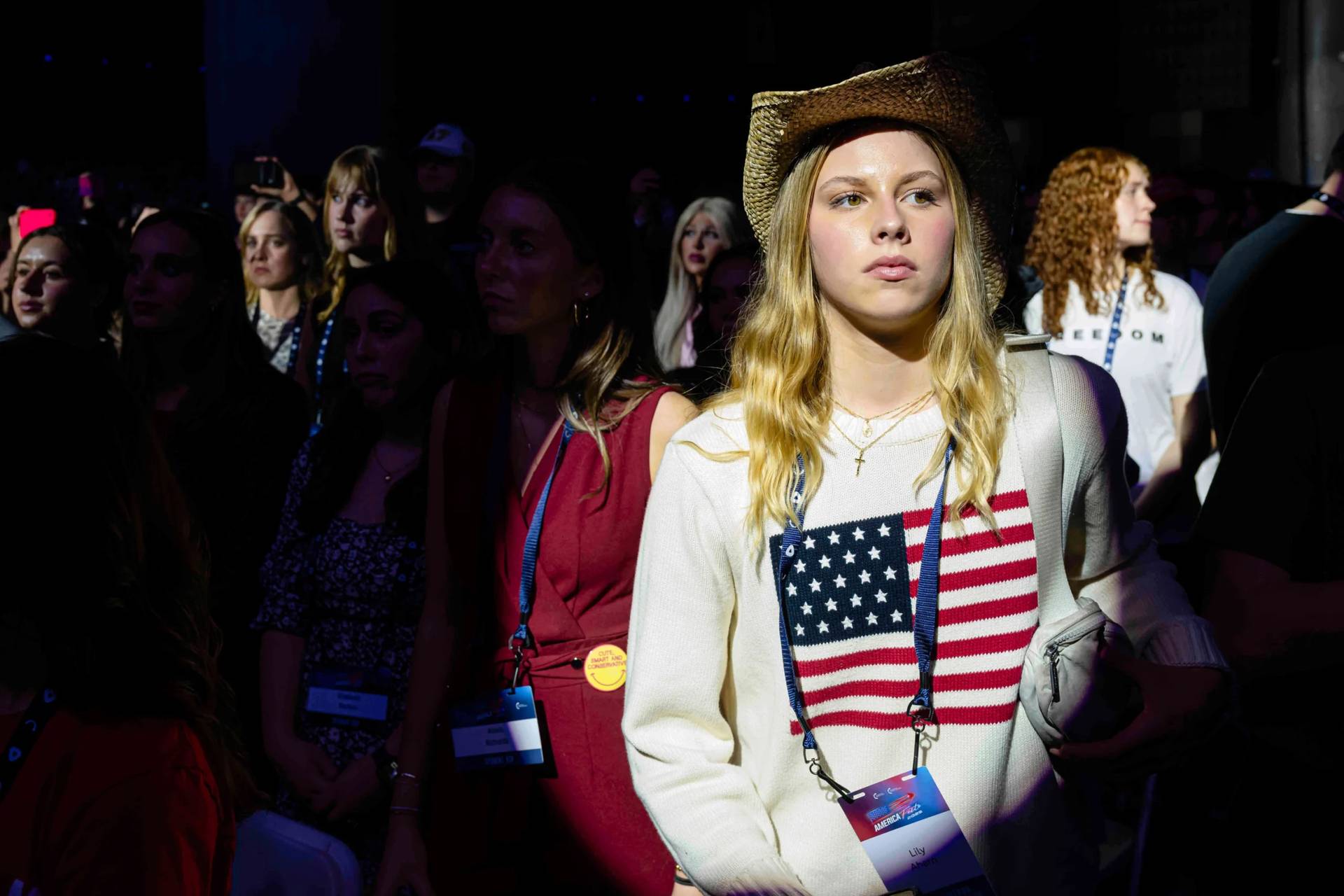ROME – Pope Francis and Palestinian President Mahmoud Abbas spoke Thursday over the phone about the latest developments in the Gaza, stressing the need to seek avenues for peace and calling for humanitarian corridors to allow aid into the region.
The phone call between Abbas and Pope Francis focused not only on the war between Israel and Hamas in Gaza, but also on Jerusalem and the West Bank.
According to the Palestinian news agency WAFA, Abbas voiced appreciation for Pope Francis’s support for peace initiatives in the region and throughout the world and stressed the importance of the Vatican’s ongoing efforts to promote a ceasefire in Gaza.
Abbas also apparently insisted on the need to protect civilians and to establish humanitarian corridors for the delivery of aid such as food, water, and medical supplies to Gaza.
He reportedly condemned attacks on civilian structures such as residential homes, hospitals, and schools and called for an end to “terrorism” against Palestinians in East Jerusalem and the West Bank.
Condemning the forced displacement of Palestinians from Gaza, he also said a political situation based on international legitimacy is needed in order to achieve freedom, independence, and sovereignty for the Palestinian people.
Pope Francis, according to WAFA, stressed the importance of achieving peace and bringing the war in Gaza and other conflicts throughout the world to an end. He also called for humanitarian assistance to be provided in a timely manner.
Francis also voiced sadness over the loss of civilian life and assured Abbas that he would stay in touch going forward for “further consultations and assistance.”
Vatican spokesman Matteo Bruni confirmed to Crux that a phone call between Pope Francis and Abbas took place but did not disclose information on the contents of the call.
The phone call to Abbas follows similar phone conversations the pope had on Oct. 22 and 26 with United States President Joe Biden and Turkish President Recep Tayyip Erdoğan, during which he stressed the need to work for peace and advocated for a two-state solution to the Israel-Palestine conflict with a special status for Jerusalem.
Pope Francis has also been in contact with several clergy and religious on the ground, including the assistant pastor of the Latin rite parish of the Holy Family in Gaza, Father Youssef Asaad; the parish priest Father Gabriel Romanelli, currently stuck in Bethlehem; and Sister Nabila Saleh of the Sisters of the Rosary in Jerusalem.
Since the outbreak of the war that began with Oct. 7 surprise attacks by Hamas militants on Israel, which left some 1,400 Israelis dead with others taken as hostages, including children, over 9,200 Palestinians have been killed in Gaza due to Israel’s retaliatory attacks.
Hundreds of Gazans have sought shelter at Holy Family parish since the onslaught of retaliatory strikes began, hoping that it might be spared the destruction facing other targets in the densely populated area.
According to an Oct. 31 report by Vatican News, the Vatican’s state-run media platform, the church has been offering Mass twice a day as well as the praying of the rosary, invoking peace and protection.
There are only about 1,300 Christians in Gaza amid a total population of two million, and the lone Catholic parish, Holy Family Church in the northern part of the strip, normally serves a community estimated at around 150 Catholics.
In a Nov. 2 statement, Cardinal Pierbattista Pizzaballa, Latin Patriarch of Jerusalem, issued an appeal for support in order to provide relief and humanitarian aid for those impacted by the current war.
During previous appeals, such as one launched during the COVID-19 pandemic, during a spat of violence in Gaza in 2021, and in the wake of the massive earthquake in Syria and Turkey earlier this year, “In all of these situations we heard and answered the cry of the poor.”
“Once again, their cry is heard in the Holy Land because of the war that has been raging now for over three weeks,” Pizzaballa said, saying the current cycle of violence has caused death, destruction, and hunger in Gaza, as well as high unemployment.
This is especially true in the Bethlehem area, he said, noting that a slew of other social issues have also arisen in the wake of the war.
“We are facing a crisis that affects countless families from different religions and all our institutions including schools, hospitals and parishes,” he said, noting that in Gaza, funds have been extended “beyond our walls” to help the most impacted neighborhoods and people who sought refuge in other areas.
He praised the coordination efforts of locals on the ground, who have facilitated a sharing of food, water, medicines and other supplies, he said, saying, “We have learned in this difficult time that to rebuild the physical world we must build and protect trust between people.”
Pizzaballa said hundreds of people from around the world have offered support, saying, “We know what we need to do, as we have done with all our heart in previous crises, and we will undoubtedly do it again.”
“Please help us to make a concrete difference and to build the necessary environment so that, in this society scarred by hatred, we may again sow the seeds of trust, of hope and of love,” he said.
Follow Elise Ann Allen on X: @eliseannallen















